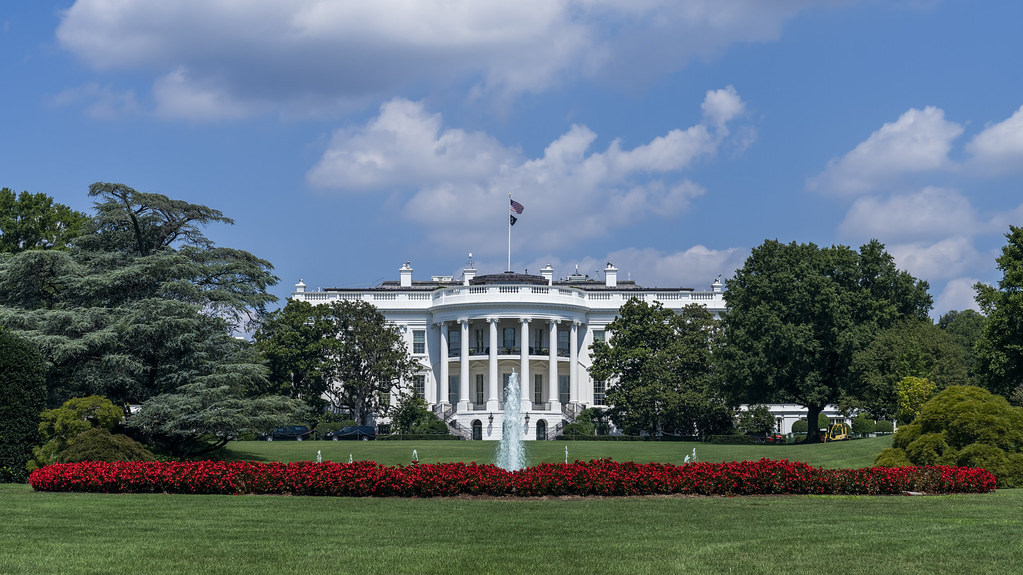Today, the Office of Management and Budget (OMB) is sharing the latest President’s Management Agenda (PMA) quarterly updates on Performance.gov. It has been just over a year since the release of the Biden-Harris Management Agenda Vision, and we continue to make headway on our three PMA priorities — strengthening and empowering the Federal workforce; delivering excellent, equitable, and secure Federal services and customer experience; and managing the business of Government. These updates demonstrate our commitment to sharing this progress with the American public.
Priority Area Leads and their teams have been engaging stakeholders, gathering data to inform actions, and undertaking projects to advance the PMA. The PMA has established dozens of success metrics to monitor progress. Today’s updates show accomplishments to date, milestones teams are working towards, and a highlights section for each priority area that demonstrates what this work means for the American public.
For Priority 1, Strengthening and Empowering the Federal Workforce, cross-agency teams representing approximately 20 agencies have accomplished milestones and setting out new activities to address some of the biggest challenges facing the Federal workforce. Some examples include:
- In September, the Office of Personnel Management (OPM) convened the first ever Chief Diversity Officer Council meeting.
- OPM and partner agencies created an employee engagement working group and community of practice, as well as a separate cross-agency working group focused on leading practices, resources, and strategies that agencies can use to support the well-being and mental health of Federal employees.
- OMB issued guidance to agencies on agency-wide capital planning to support the future of work.
- OMB and agencies facilitated the use of IT and cloud-based collaboration tools that support interoperability within and among agencies by approving 10 FedRAMP-authorized software tools.
Teams working on Priority 2, Delivering Excellent, Equitable, and Secure Federal Services and Customer Experience, made significant progress implementing the President’s Executive Order 14058 on Transforming Federal Customer Experience and Service Delivery to Rebuild Trust in Government. In addition to individual agencies acting to improve their customer experience (CX) and service delivery, the five priority life experiences projects announced this spring are developing opportunity areas for agency and government-wide action based on their discovery sprints.
Highlights include:
- The Department of Health and Human Services Centers for Medicare & Medicaid Services (CMS) saw that the Medicare.gov website was visually inconsistent and forced repeat visitors to go through the same, repetitive series of steps each time they searched for plans. In response, CMS used extensive user interviews and prototyping to better understand users’ needs and inform a new website design. The redesigned Medicare.gov homepage and key landing pages are more visually consistent and feature streamlined navigation and improved mobile optimization. This and other examples can be found in a recent post by the CX Team.
- The General Services Administration (GSA) developed a roadmap for redesigned USA.gov and USAgov Español websites that aim to serve as a centralized, digital Federal “front door” and a report for prioritized common services and standards, platforms, and digital products. Check them out and provide your feedback at beta.usa.gov.
Finally, in Priority 3, Managing the Business of Government, cross-agency teams are working to develop and refine action plans to achieve the President’s vision to leverage Federal acquisition and financial assistance systems to advance priorities for the Nation. Strategy teams have already identified a number of milestones and metrics they will use to drive and measure progress.
For example:
- Leaders in Federal acquisitions will look to increase the number of new small business entrants within priority supply chains in the Federal marketplace.
- Agencies are working to adopt innovative acquisition practices to reduce barriers to entry into the Federal marketplace, improve performance and customer experience, and save money.
- For Federal financial assistance, agency leaders are looking to define and launch a framework to strengthen and formalize the governance of Federal financial assistance issues common across Federal agencies, in order to advance the Federal Government’s ability and capacity to effectively and efficiently implement the President’s vision and statutory requirements through Federal programs.
- Both Priority 3 strategy teams are also committed to strengthening their workforces for Federal acquisition and financial assistance. For instance, OPM has streamlined the hiring of grants management specialists.
These efforts are just a few of the many actions PMA teams have already taken, and plan to take moving forward, to drive these critical PMA priorities. Read the latest PMA status updates by visiting the PMA homepage.
Stay Informed
We invite you to follow along with us on Performance.gov, which will be updated quarterly with progress on agency and PMA priorities and strategies. For further information, we encourage you to follow our Twitter and LinkedIn, and to subscribe to our newsletter to receive updates in your inbox.




